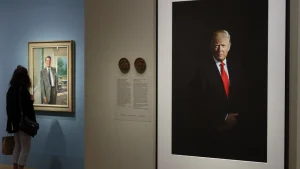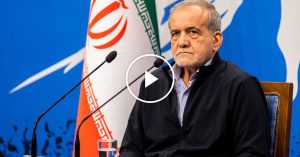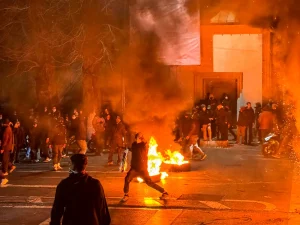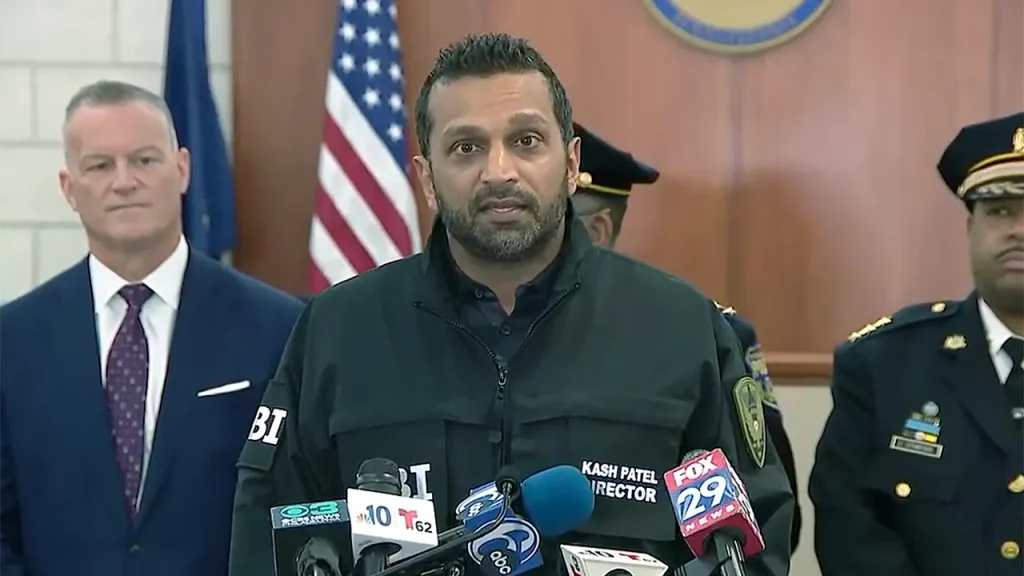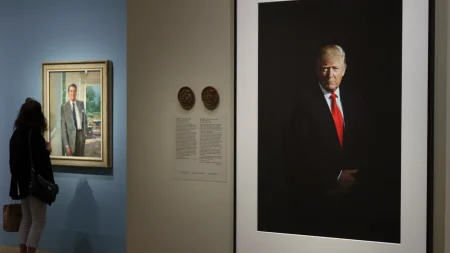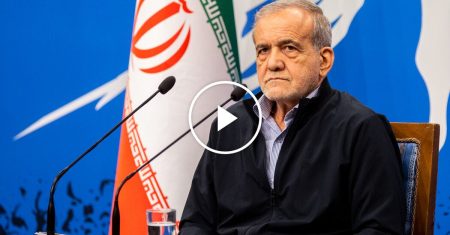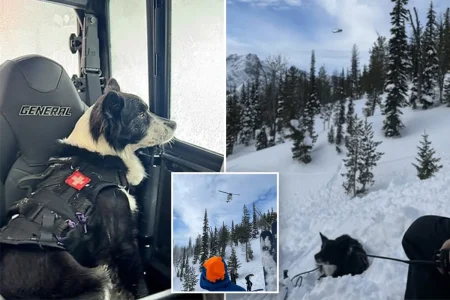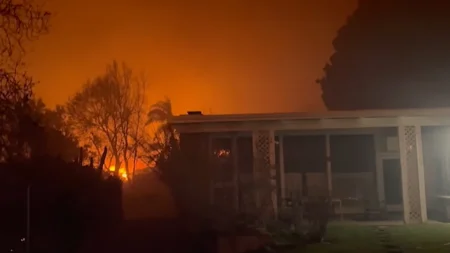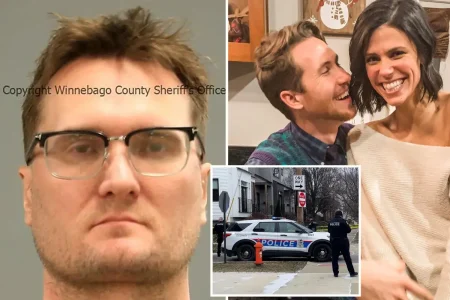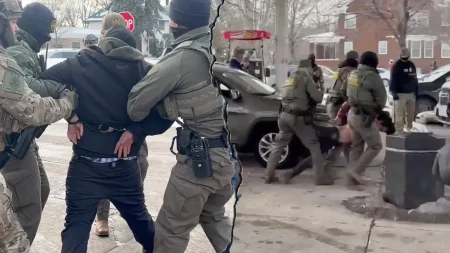FBI Dismantles Decade-Long Drug Operation in Philadelphia’s Kensington Neighborhood
In a significant blow to Philadelphia’s open-air drug market, federal authorities announced on Friday what they’re calling a “historic” operation targeting the Weymouth Street Drug Trafficking Organization. The FBI, working alongside Philadelphia Police and federal prosecutors, has indicted 33 alleged members of this criminal enterprise that reportedly controlled drug trafficking in Kensington for nearly a decade. This coordinated effort resulted in 24 arrests during Friday’s operation, with eight suspects already in custody and one still being sought by authorities. FBI Director Kash Patel described this takedown as a model for reclaiming violent neighborhoods from criminal organizations, stating, “This is how you safeguard American cities from coast to coast.” The operation focused specifically on dismantling a criminal network that had entrenched itself in one of Philadelphia’s most troubled areas.
U.S. Attorney David Metcalf highlighted the scope of the indictment, which covers alleged criminal activity from January 2016 through October 2025, involving the distribution of fentanyl, heroin, crack cocaine, and powder cocaine. The case centers on the 3100 block of Weymouth Street in Kensington, described by authorities as a prolific stretch of the city’s open-air drug market. Metcalf characterized the indictment as “the largest federal indictment this century brought by our district,” emphasizing how law enforcement “targeted it like a precision missile at Kensington’s epicenter.” The operation involved executing 11 federal search warrants, with agents recovering numerous firearms and substantial amounts of narcotics from alleged stash locations. The full inventory of seized items will be detailed in forthcoming court filings as the case proceeds through the legal system.
According to prosecutors, the criminal organization operated under a hierarchical structure led by three primary individuals. Jose Antonio Morales Nieves, 45, known as ‘Flaco,’ allegedly “essentially owned” the block and charged rent to other dealers operating in the territory. Ramon Roman-Montanez, 40, nicknamed ‘Viejo,’ reportedly managed daily operations and organized dealer shifts, while Nancy Rios-Valentin, 33, helped oversee finances and scheduling. The organization allegedly maintained control of its territory through violence, including shootings, murder, and assaults. They also reportedly engaged in intimidation and retaliation against witnesses who cooperated with law enforcement. While officials noted that no specific murder or shooting charges have been filed yet, they indicated that the investigation is ongoing, suggesting additional charges may be forthcoming as authorities continue to build their case against the organization’s members.
FBI Special Agent in Charge Wayne Jacobs provided details on the scale of Friday’s operation, which involved nine tactical teams and hundreds of officers. Most arrests took place in Kensington, with additional suspects apprehended in Puerto Rico, Delaware, and New Jersey. “For too long the Weymouth Street drug organization flooded Kensington with drugs and terrorized residents with horrific acts of violence and intimidation,” Jacobs stated. “That ended today.” He also announced that the FBI will launch public safety advertisements encouraging residents to share crime tips securely, emphasizing their ongoing commitment: “Our job doesn’t end with these arrests. We will remain here, standing with the people of Kensington.” This approach signals a shift toward sustained engagement rather than a one-time enforcement action, recognizing that community trust is essential for lasting improvement in neighborhood safety.
Philadelphia Police Commissioner Kevin Bethel framed the case as representative of a significant shift in law enforcement strategy, treating open-air drug markets as organized criminal enterprises rather than isolated instances of street-level dealing. “We’re not going to apologize for removing people who terrorize our community,” Bethel declared. “This is the model we can keep running.” Officials described the operation as part of PSN Recon, an offshoot of Project Safe Neighborhoods that integrates federal, state, and local intelligence to target violent offenders on a block-by-block basis. U.S. Attorney Metcalf explained that this collaborative group meets monthly to identify the most dangerous actors and pursue organization-level prosecutions instead of individual gun or drug cases. This strategic approach aims to dismantle entire criminal networks rather than simply removing individual participants who might be quickly replaced.
The significance of this operation extends beyond the immediate arrests, representing what authorities hope will be a turning point for a neighborhood long plagued by drug trafficking and violence. Deputy Attorney General Todd Blanche emphasized the Department of Justice’s commitment: “Drug traffickers who poison our communities and enforce their territory through violence will face the full force of federal law.” FBI Director Patel concluded the announcement by thanking the investigators and prosecutors who built the case, stating, “This is exactly how you safeguard American lives. The blocks belong to the residents, not the drug dealers.” In a clear message to other criminal organizations, U.S. Attorney Metcalf warned, “For the criminals that remain out there, the next indictment has a space with your name on it.” As the case moves forward, all defendants are presumed innocent until proven guilty, with the charges at this stage representing allegations that prosecutors will need to prove in court. For the residents of Kensington, this operation represents a potential new chapter in reclaiming their neighborhood from the grip of organized drug trafficking.
